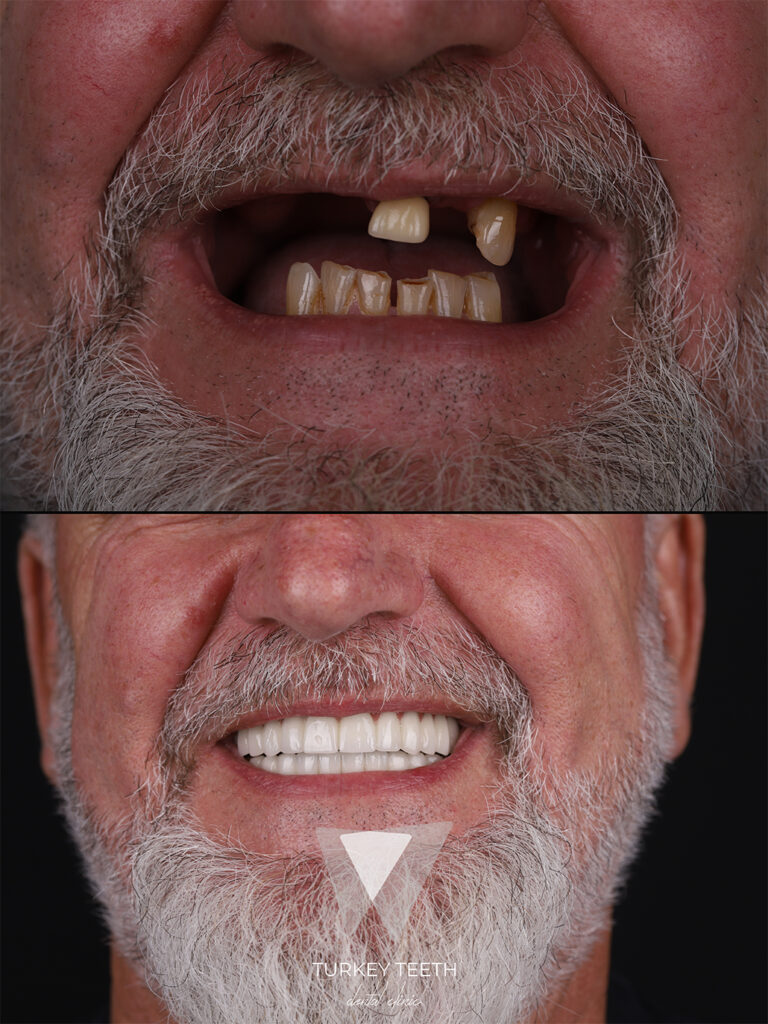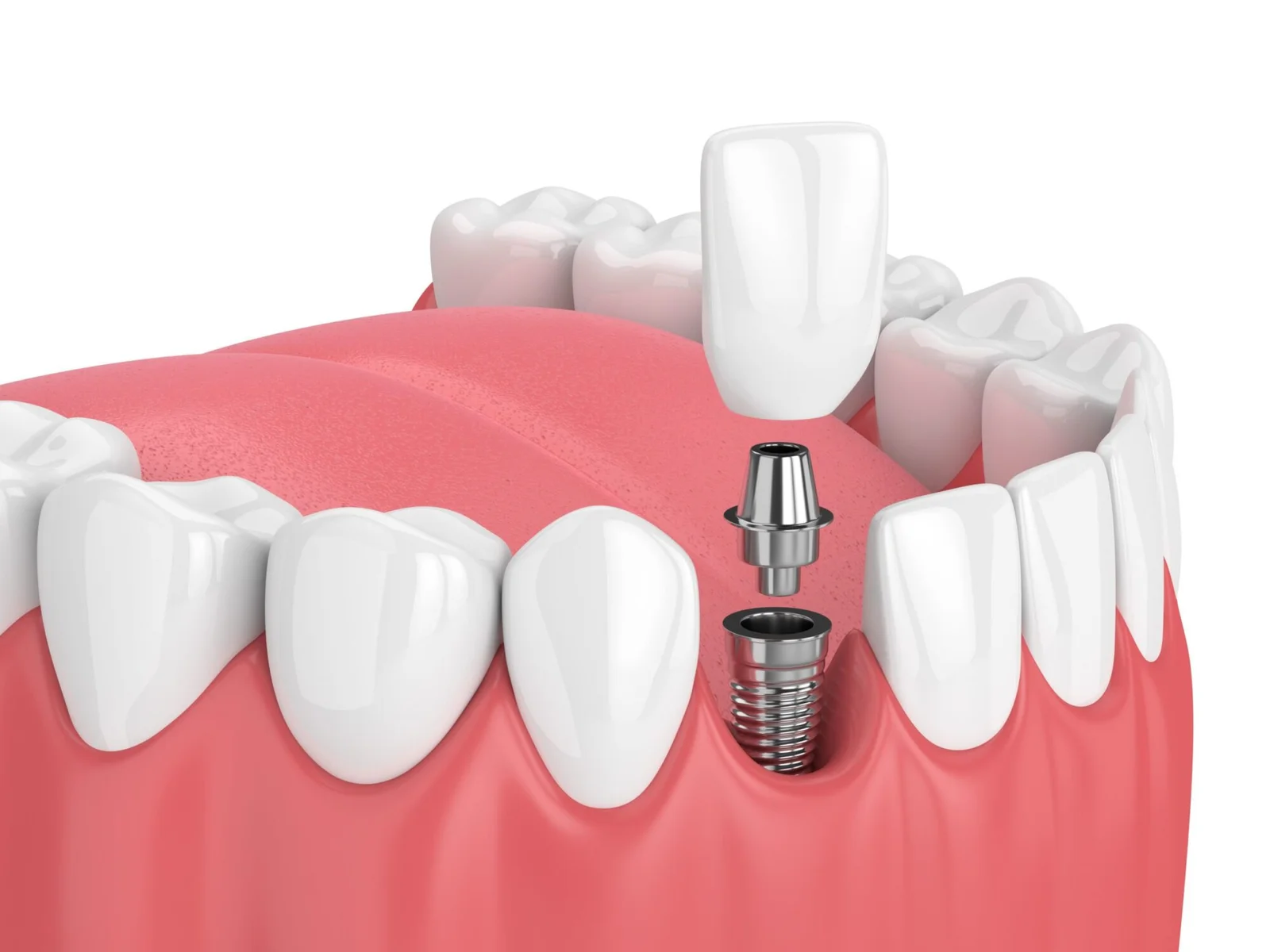
Why Choose Dental Implants in Turkey?
Dental implants have become the gold standard for replacing missing teeth — and Turkey is now one of the world’s leading destinations for affordable, high-quality implant treatments. At Quadro Dental, we combine cutting-edge technology, experienced implantologists, and fully personalized treatment plans to help you regain your natural smile.
Whether you need a single implant or a full mouth dental implant makeover, we deliver precision, comfort, and long-lasting results.
📋 Table of Contents
- 🪥 Why Choose Dental Implants in Turkey?
- 💸 Cost of Dental Implants
- 🦷 Treatment Options for All Needs
- 🌍 Why Patients Choose Quadro Dental
- 🔍 Is It Safe to Get Dental Implants in Turkey?
- ✈️ Dental Implant Packages
- 🙋 Frequently Asked Questions
- 📍 Start Your Transformation with Quadro Dental Today
Cost of Dental Implants
One of the most common questions we get is:
“How much do dental implants cost in Turkey?”
Compared to the UK, US, or Europe, the price of dental implants in Turkey is significantly lower — without compromising quality.
| Type of Implant Treatment | Average Cost (in GBP) |
|---|---|
| Single Dental Implant | £300 – £750 per implant |
| Full Mouth Dental Implants | £3,500 – £9,500 total |
| All-on-4 Dental Implants | £3,000 – £6,500 |
| All-on-6 Dental Implants | £4,000 – £8,500 |
| Zirconium Crown (on implant) | £120 – £220 per tooth |
💡 We provide you with a clear, fixed quote before treatment begins — no hidden fees.
Treatment Options for All Needs
Single Implants
Ideal for replacing one missing tooth with a strong, natural-looking result.
Full Mouth Dental Implants
Restore your entire smile with multiple implants and fixed bridges — a long-term solution for total tooth loss.
All-on-4 & All-on-6 Dental Implants
Perfect for patients with extensive tooth loss. These systems use 4 or 6 implants to support a full arch of teeth, offering quicker healing and reduced costs.
Why Patients Choose Quadro Dental
- Experienced Implantologists with international certifications
- State-of-the-art equipment for safe, precise surgery
- Transparent pricing and no upfront payments
- English-speaking team for international patient comfort
- Beautiful Antalya location – enjoy a dental holiday by the Mediterranean!
Is It Safe to Get Dental Implants in Turkey?
Absolutely. At Quadro Dental, we use CE-certified implants, maintain strict hygiene protocols, and follow international dental standards. Our dental implant procedures are safe, minimally invasive, and backed by thousands of successful cases.
We also offer full support — from airport pickup to hotel reservations and aftercare.
Dental Implant Packages
We offer complete package deals that include:
- Free consultation and X-rays
- Hotel accommodation
- VIP airport transfers
- Personalized treatment plan
- Post-treatment follow-up
🌟 Ask about our Full Mouth Dental Implants Turkey Package Deals — limited-time offers available!
Frequently Asked Questions
How long do dental implants in Turkey last?
With proper care, implants can last 15–25 years or more.
Do I need to stay long in Turkey?
For implant placement: 4–7 days.
For final prosthetics: Return after 2–3 months for 5–7 days.
Can I eat normally with implants?
Yes — implants restore full chewing function, just like natural teeth.
Start Your Transformation with Quadro Dental Today
Contact our team for a free consultation and find out how we can help you smile again — safely, affordably, and beautifully.
Discover More: Our Treatments | Prices | Contact Us





























